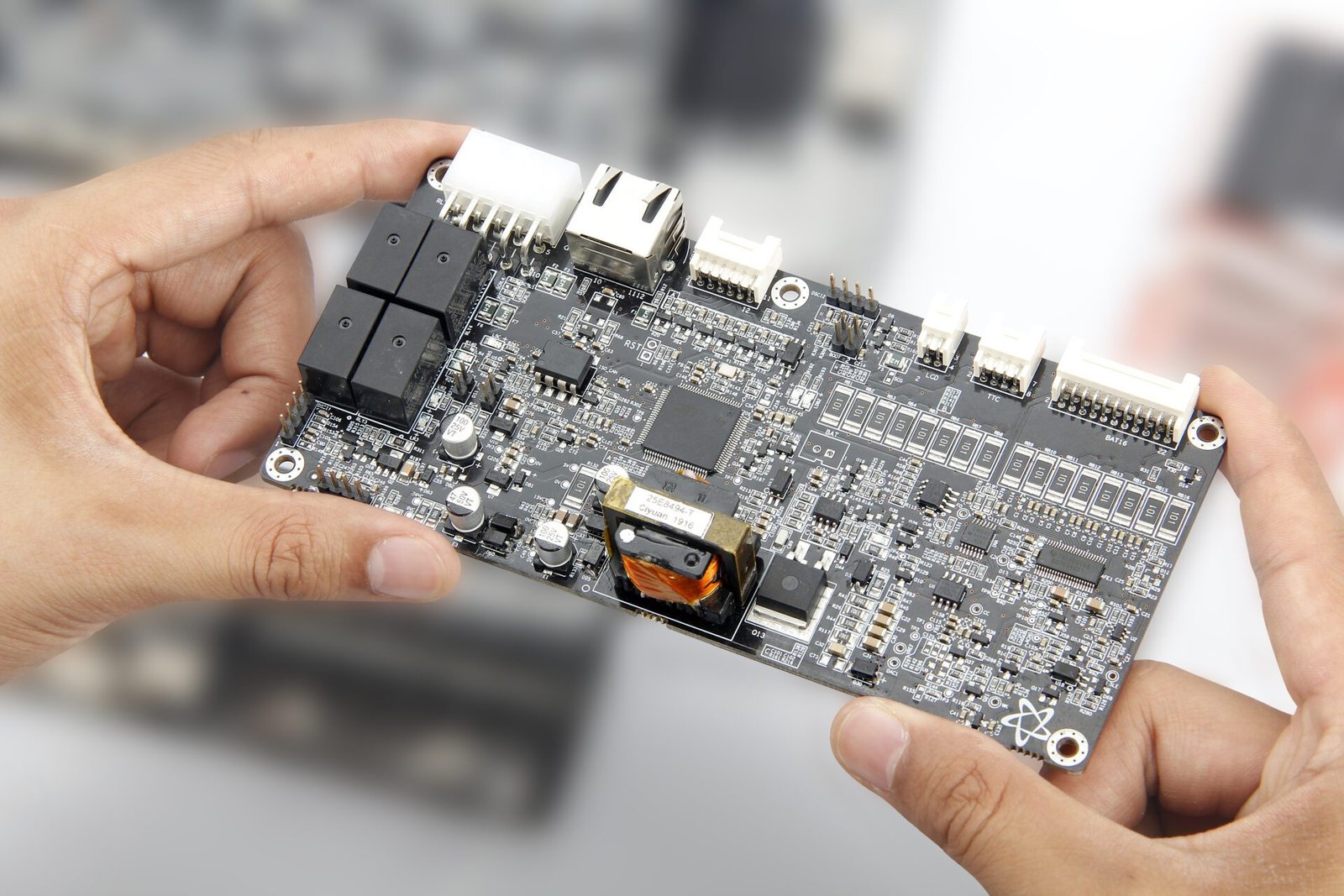Discuss the importance of BMS for batteries
Lithium batteries are the core energy components of various electronic devices. With their high energy density, lightweight and good charging performance, they have become the first choice for energy solutions.
However, the safety risks of lithium batteries are mainly reflected in overcharging, overdischarging over current and over temperature. This is why the Battery Management System (BMS) has become a key technology to ensure the safety, efficiency and life of lithium batteries.
1. Necessity of security requirements
Overcharge means that the battery is already fully charged but continues to be charged, which will increase the battery temperature, which may cause the battery to rupture or even explode.
Overdischarge means that the battery voltage is already very low but continues to discharge, which may cause irreversible damage to the internal structure of the battery, thereby permanently reducing the battery capacity and cycle life.
Overcurrent means that the discharge rate exceeds the discharge rate of the battery cell, which may cause the temperature of the lithium battery to rise rapidly, which may be dangerous and damage the internal structure of the battery.
Over temperature means that the temperature of the battery rises sharply and exceeds the maximum temperature of the battery for normal operation, which may cause thermal runaway of the battery, resulting in damage to the internal structure of the battery or fire. and the BMS manages the battery temperature to avoid thermal runaway of the battery.
The battery thermal runaway process is triggered by high temperature. There is a starting temperature for thermal runaway. If this temperature is exceeded, the battery temperature will rise uncontrollably.
BMS can also provide short circuit protection and cell balance function. Therefore, BMS monitors the voltage, current and temperature of the battery in real time, strictly controls the charging and discharging process, effectively prevents these risks, and ensures the safe use of lithium batteries.
2. Diversity of functional requirements
Smart BMS also provides LCD display and Bluetooth functions, so you can better to know the battery health information and SOC.
It also provides communication functions, including Canbus UART and RS485 communication protocols, so that the battery can communicate with your device
In short, the reason why lithium batteries need BMS is that BMS can not only effectively prevent and reduce the safety risks that may arise during the use of lithium batteries, but also optimize the battery’s working performance and extend the battery’s cycle life through refined management.
OEM Selection
LiTech not only provides customized batteries, but also supports customized BMS, which can enable your battery to achieve maximum working performance and cycle life.





